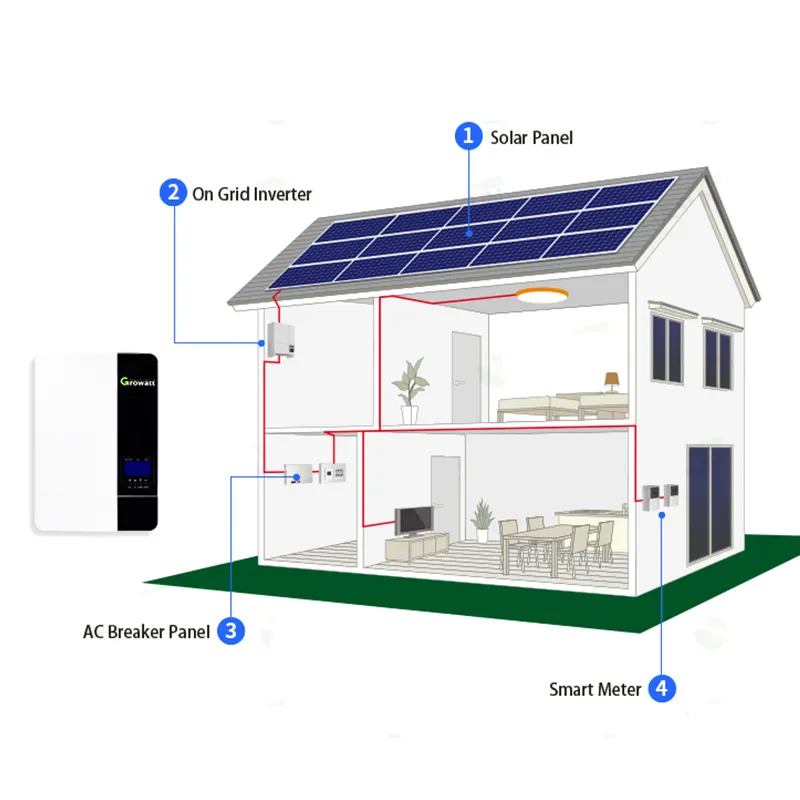
Solar energy is a renewable energy source, its energy source is the sun. Solar energy is widely used in the field of renewable energy because of its many advantages. However, solar energy also has some disadvantages. In this article, I will discuss the advantages and disadvantages of solar energy.

advantage:
- Renewable energy: Solar energy is a renewable energy source because its source of energy is the sun that will not dry up. This means we can rely on solar energy to meet our energy needs without excessive depletion of the earth’s resources.
- Environmental protection: the use of solar power can reduce air and water pollution. Compared with coal or oil-fired power generation, solar power generation does not produce harmful gases such as carbon dioxide, thereby reducing greenhouse gas emissions. This makes solar energy an environmentally friendly energy source.
- Affordable: While solar systems may be more expensive to install than traditional energy sources, solar energy is an affordable energy source in the long run. Solar systems are very cheap to run because they require no fuel and are low maintenance. In addition, a solar system can lower the electricity bills of homes and businesses.
- Wide range of application: The solar system can be installed anywhere, from homes and businesses to urban and rural areas. This allows the solar system to meet various application needs.
- High reliability: Solar systems can work in any weather conditions, although they work best on sunny days. This makes solar systems more reliable than other energy systems.

shortcoming:
1.High initial cost: Solar systems are often more expensive to install than other energy systems, making solar an initial investment that may not fit some people’s budgets.
2.Night and rainy weather: Solar systems need sunlight to generate electricity, so they are less effective at night and in rainy weather.
3.This means that the solar system requires additional battery reserve power to continue powering at night and in rainy weather. However, suncime solar energy can guarantee that even in rainy weather, the inverter will still produce three to four kilowatt-hours of electricity through radiation, which is enough for normal household power supply.

Summarize:
Solar energy is a sustainable, environmentally friendly and widely applicable energy source. While it has some drawbacks, such as high initial costs and weather restrictions, as the technology develops, solar energy will become more practical and reliable. Solar power is an attractive option for those who want to reduce their reliance on conventional energy sources, reduce their environmental impact, and lower their electricity bills.




